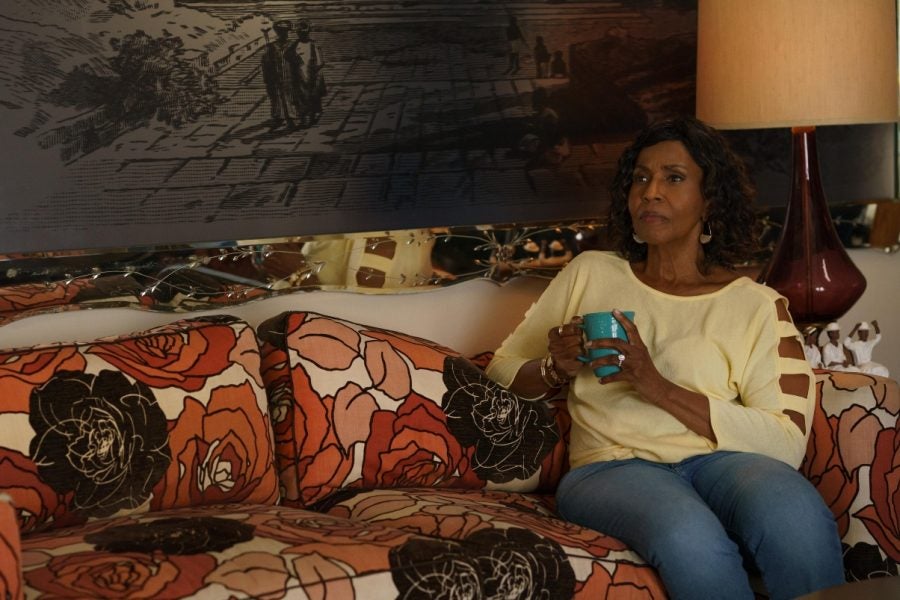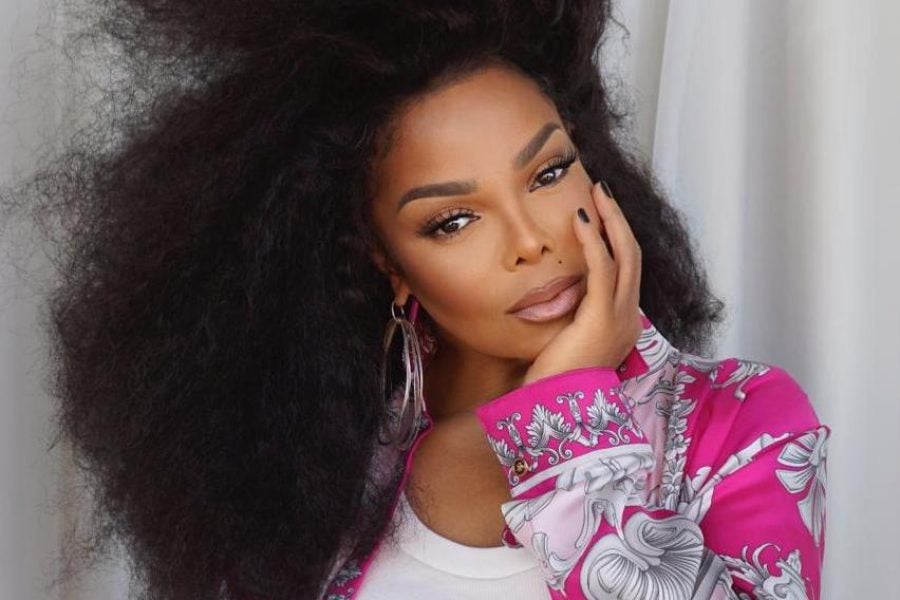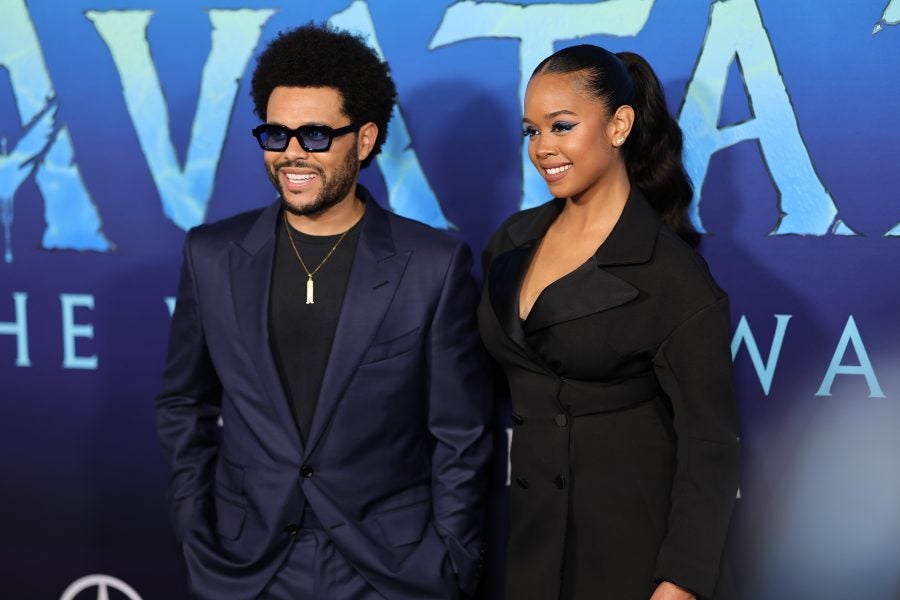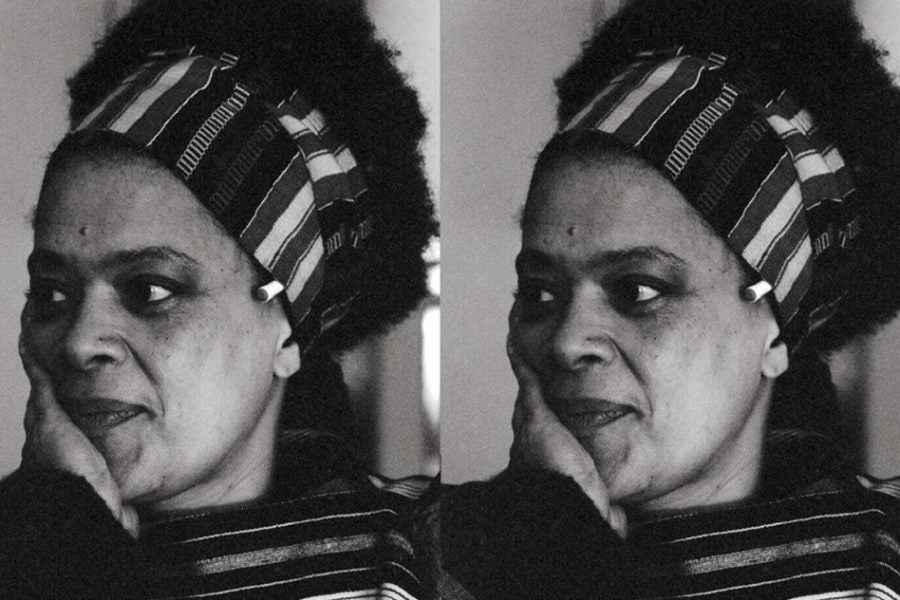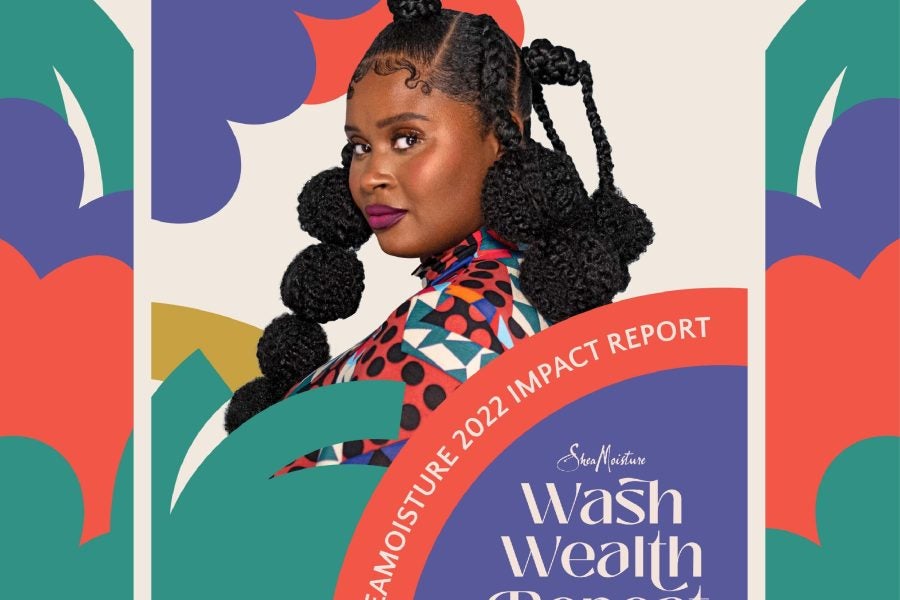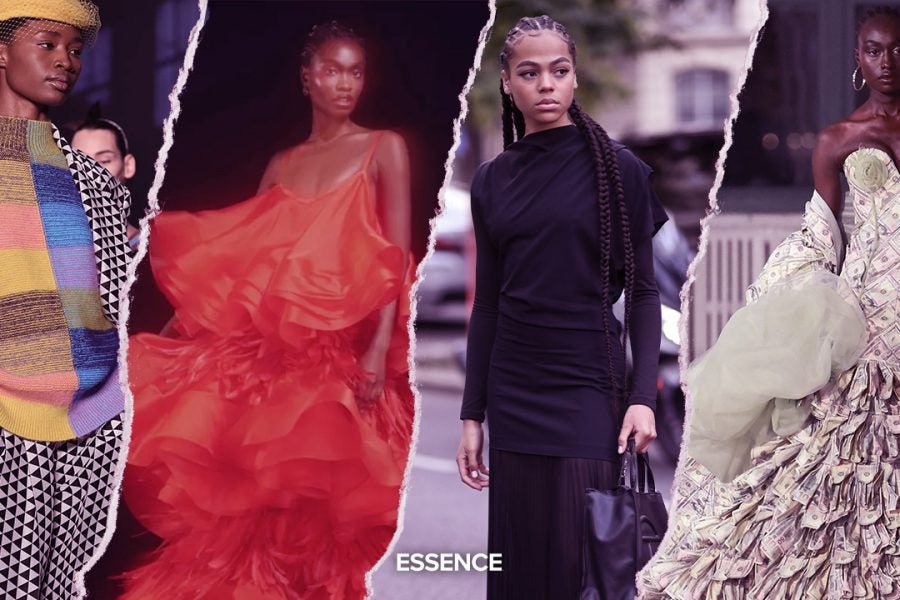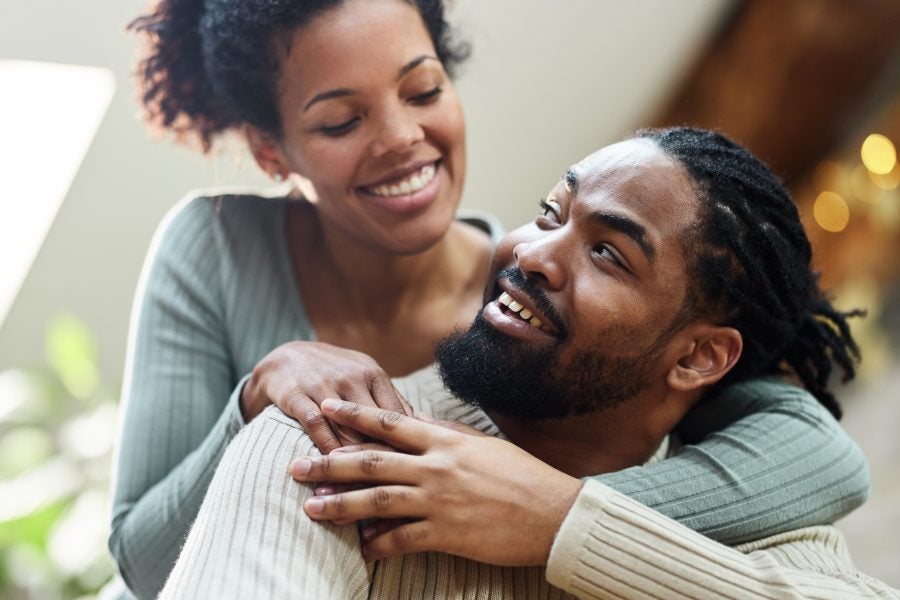
Growing up, I remember learning that heterosexual, romantic relationships were all about finding your one person and showing you love them by having sex. For young women, this often meant that we were taught purity politics and encouraged not to have sex until marriage. For many young people, this practice of romanticizing virginity places a premium on penetrative sex as a marker of love and commitment. It also socializes many young people to root their notions of intimacy in sexual intercourse rather than a process of authentic relating and self-knowing.
In many ways, the premium we place on sexual intercourse (often between cisgender heterosexual people) also creates a norm of abstinence from other forms of intimate contact, closeness, and connection. In fact, for many people who experience low interest in sexual contact, typically considered asexual, their lack of desire for sex is frequently stigmatized and scandalized as deviant or eccentric. Culturally, the dependence on sex for intimate connection stunts our platonic relationships and leaves many in our communities bereft of the closeness they reserve for sexual interests.
For Black Americans, who are often already stigmatized as unlovable and undeserving of care, our communities’ lack of expansive intimacy also reproduces the rejection and denial many of us experience in mass society. Our lack of access to healthy intimacy leaves many of us in a scarcity model of physical love and care. Rather than seeing our platonic and romantic relationships as abundant, we frequently experience them as enclosures, boxes within which only certain types of relating, touch, love, and energy may be exchanged.
For me, this model of relating has never been conducive to my happiness and fullness. So, when my spouse of seventeen years began exploring his asexuality, I wanted to go on that journey with him. I had to figure out how our relationship might exist outside of being sexual. We both had to ask if a non-sexual relationship was something we wanted to build with one another. Most importantly, we had to create an intimacy that wasn’t reliant on sex but on authenticity, vulnerability, and the most profound care we could muster.
Rather than resting on sexual relations, we began incorporating regular dates into our schedules. We created time for bubble baths, long showers, and lazy mornings in bed, talking like the best friends we are. We moved away from a marriage that reproduced the idea that sex had to be synonymous with love and started building a model of love and intimacy that served us both.
As a polyamorous lesbian who has practiced ethical non-monogamy for the duration of our marriage, it was clear that I would continue to build loving relationships with women and non-binary people outside of my marriage with the full consent and knowledge of my husband. While this initially seemed strange to onlookers, it was a model that fit our lives and our individual needs.
One of the most critical factors in the success of our relationship has been my husband’s honesty, not with me but with himself. He has had to work through the stigma of being a handsome, well-educated Black man who does not base his masculinity or identity on his sexual prowess. Early in his asexuality journey, the conflictual nature of rooting his masculinity in aspects of his character, impeccable parenting, and commitment to his people rather than what society expects was an obstacle for him. It was understandable.
As his partner, a partner who, at the time, was still in sexual relationships with other cisgender men, I needed to affirm his journey and experiences. Instead of shunning him, treating him differently, or taking his self-exploration process personally, I committed to showing up fully in our marriage and choosing him each day. It wasn’t hard.
I fell in love with him when we were non-sexual best friends during our first year in college. The parts of him that I grew to love and long for were not the parts of him related to his sexual identity. And I committed to loving him for life, well before I knew we would end up dating, getting married, and starting a family.
For Black folk, we must explore alternative intimacies that allow us to feel fully seen and held. We have to save space for expressions of Black sexuality that are not in alignment with mainstream patriarchal and misogynistic ideas about gender and touch. We owe ourselves to move away from models that create more division between us, place limitations on our identities, and take on our personal and sexual autonomy.

